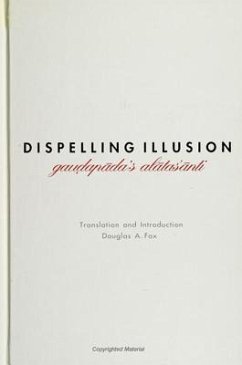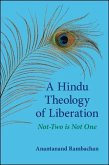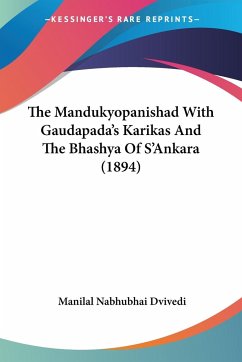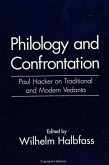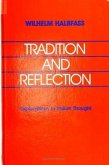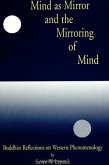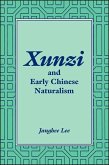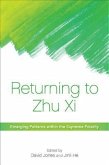This book sets Gaudda in historical context and develops a commentary that makes the meaning and significance of the Alatasaanti text clear. In the Alatasaanti, Gaudda uses terms made familiar by Buddhism in order to expound his Vedantic philosophy. It places him at the watershed between Mahayana Buddhism and Vedanta. Among the important issues discussed are Gaudda's radical doctrine of non-production (ajati), that is, the view that despite appearances nothing is ever actually brought into existence; his notion of the illusory nature of sensory experience; his conviction that reality is "not two" (and certainly not more than two); his theory of knowledge; and the "touchless yoga" he hoped would dispel our illusions about ourselves and our world. His logic and the content of his arguments are examined critically.
Hinweis: Dieser Artikel kann nur an eine deutsche Lieferadresse ausgeliefert werden.
Hinweis: Dieser Artikel kann nur an eine deutsche Lieferadresse ausgeliefert werden.

